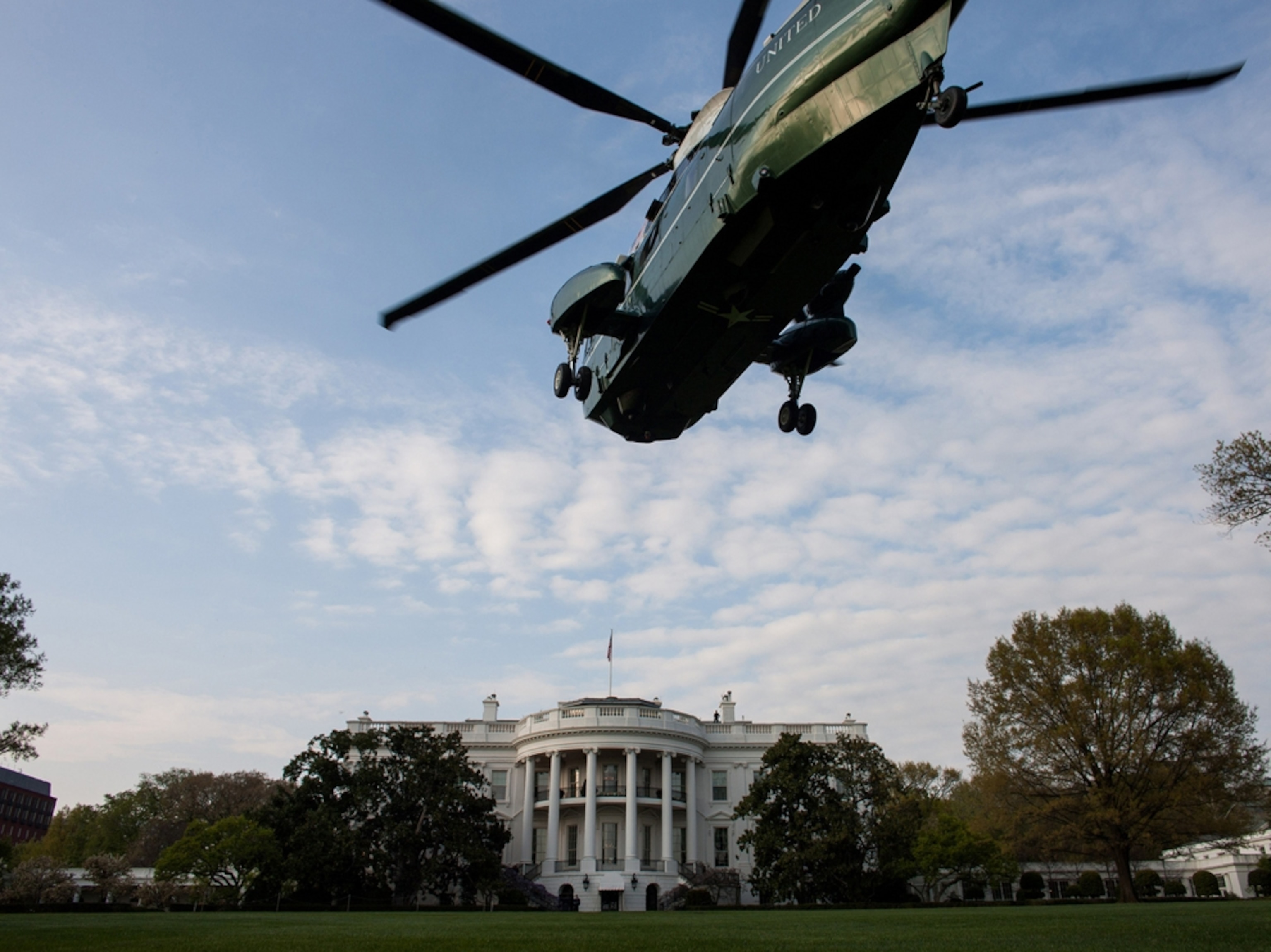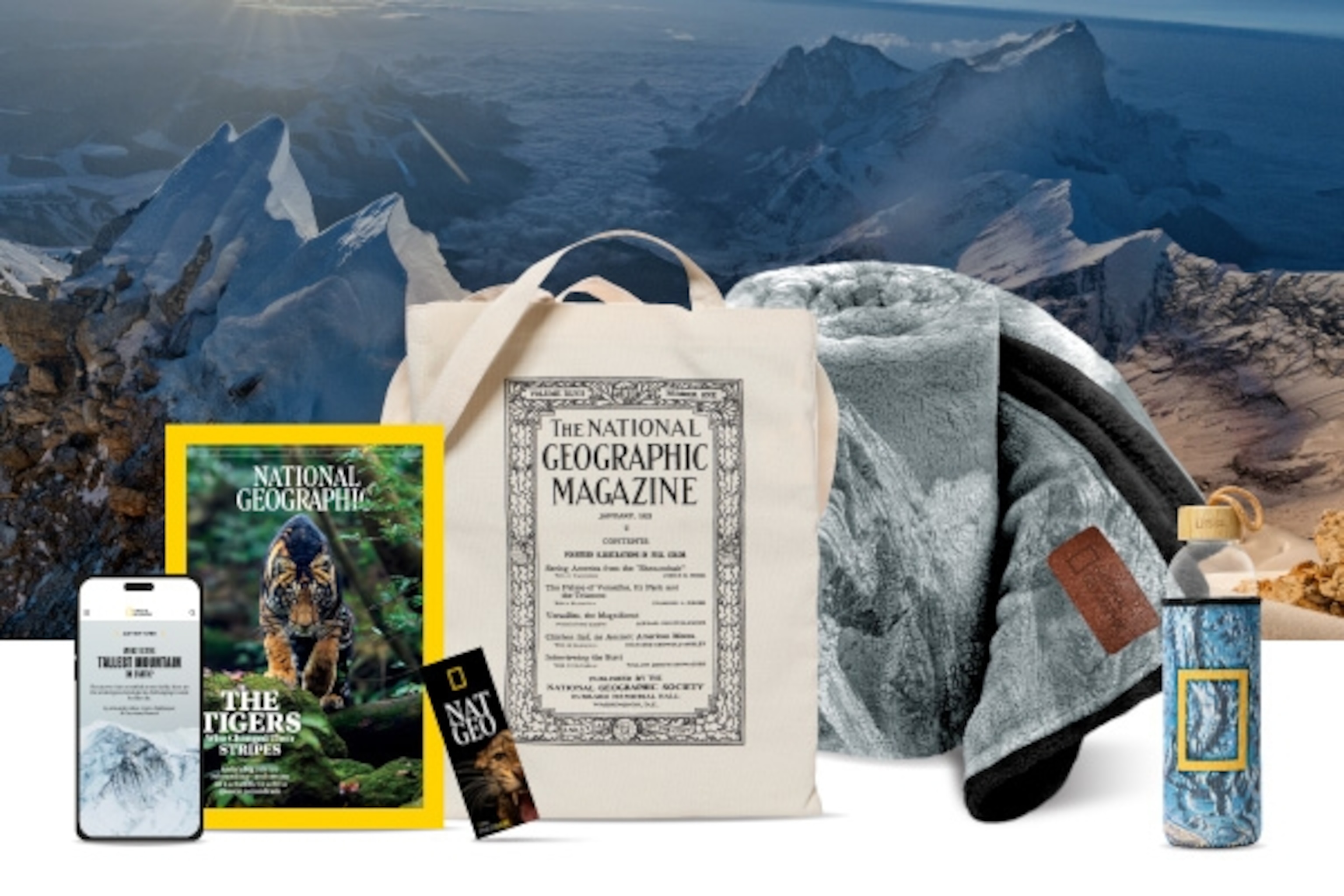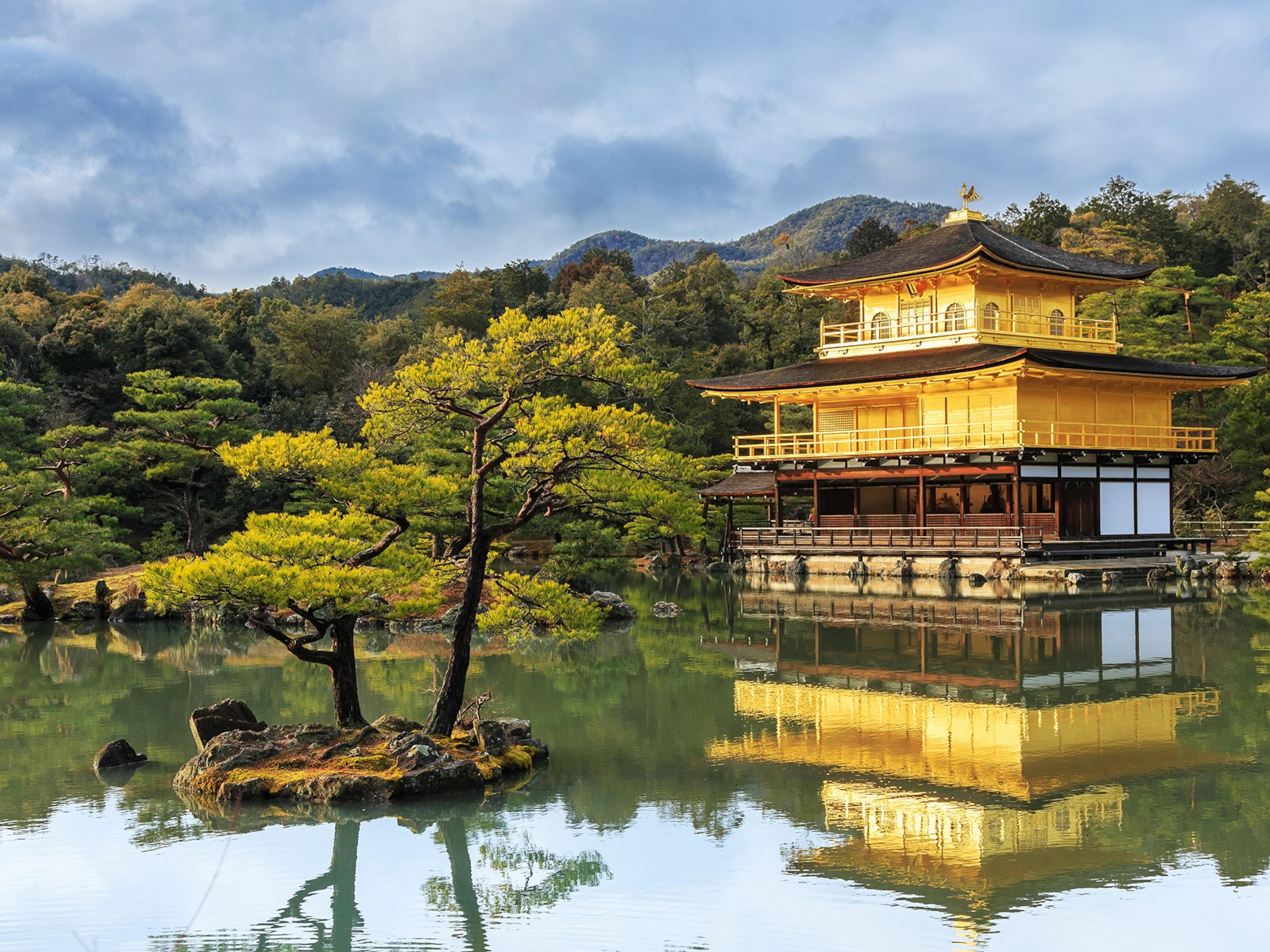
A Letter to the Next President
The Insider
From the November 2012 issue of National Geographic Traveler
Congratulations, sir. Surely you’ve got plenty on your plate. But I’d like to say something on behalf of travelers. Though we may not have a huge army of lobbyists on K Street, we could still use a little love during your upcoming term.
We are the underappreciated engine that drives a $1.9 trillion business in the United States, which includes (ahem) $124 billion a year in tax revenue. What do American travelers—the ones who took nearly two billion trips in 2011—want from you? The list includes commonsense security, mass transit projects, fewer paperwork hassles for international trips, and consumer protections.
Frankly, the past decade has been so-so for us. Yes, the Department of Transportation made progress on passenger rights, requiring airlines to provide speedy refunds on luggage fees when bags disappear and more timely information about flight delays. Some visa requirements have been loosened. The trains got on track, too: California recently broke ground on its own high-speed rail project, and plans have been announced for Amtrak NextGen, which will cut travel time between Washington, D.C., and New York City from three hours to 94 minutes. But there’s a long way to go. I happen to have a to-do list here:
Appoint a Transportation Security Administration chief who balances security with civil rights. Americans now find the TSA touching on almost every aspect of their travel experience. Checkpoints have popped up (seemingly at random) at train stations, on roads, and in subways. Agents often present passengers with two unwelcome choices: Walk through a poorly tested full-body scanner, or submit to an invasive pat-down. TSA’s mission has been interpreted too broadly—to cover all transportation, including roads and even sports stadiums during special events. That needs to end. (No one says these areas aren’t vulnerable, but what happened to the police?) The TSA should limit itself to protecting America’s airports. Also, there must be better ways to screen law-abiding citizens than frisking them like jailbirds or microwaving them.
Invest in mass transit. Glittery high-speed rail projects can turn heads and make headlines. But lower-profile, slower mass transit projects can do even more. True, many mass transit decisions are made at the local or regional level, but sound leadership from the executive branch can move the process along. Travelers want you to double down on regional and local mass transit spending, with laws like the Saving Energy Through Public Transportation Act of 2008, which offers grants to mass transit authorities to lower fares.
Streamline the paperwork for international travel. Travelers like being able to speed through customs using a trusted-traveler program such as Global Entry. They can already do that when they’re crossing into Mexico or Canada or flying to the Netherlands, and, just added, South Korea. But removing the paper shackles that deter visitors from seeing Brazil, Russia, India, and China should be a high priority. Lowering these barriers without compromising national security also makes economic sense, and in case you needed a reminder, our economy could use all the help it can get. The U.S. Travel Association has waged a lonely campaign to remove some of these restrictions. “Few people understand the enormous role travel plays in the U.S. economy,” says Roger Dow, president of the trade group.
Fund programs that encourage cultural exchanges. Even though there’s talk about slashing government spending, please save a few dollars for initiatives that encourage students, teachers, and volunteers to travel and build bridges of understanding—programs such as the Peace Corps and the Fulbright Program, whose budgets are perennially in danger of reductions. Just last year, federal spending for such programs faced cuts that prompted the Fulbright Association to send out an urgent letter. (I know because, as a former Fulbright scholar, I received one.) Fortunately, Congress didn’t end up making cuts and approved a budget of $586 million. Without these initiatives, America might have fewer friends.
- National Geographic Expeditions
Strengthen consumer protections. In their desire to make a buck, airlines, car rental companies, cruise lines, and hotels sometimes go too far. The rhetoric about getting the government off the backs of businesses notwithstanding, regulators play an important role reining in predatory business practices. Consider airfares, which often come with so many fees that consumers find it nearly impossible to calculate the true cost of air travel. According to a report by IdeaWorksCompany and Amadeus, the airline industry collected $22.6 billion of these surcharges in 2011, up an eye-popping 66 percent from two years ago. “We should know when and where we have to pay these fees,” says Charlie Leocha, director of the Consumer Travel Alliance, an advocacy group on which I serve as a volunteer ombudsman.
No one is asking you to be the travel president. Just think of us a time or two during your upcoming term. We can’t all get around in a motorcade or by military helicopter. And when your tenure ends, you’ll have to go back to traveling a bit more like us. Don’t you want to leave the travel business in better shape than you found it?







